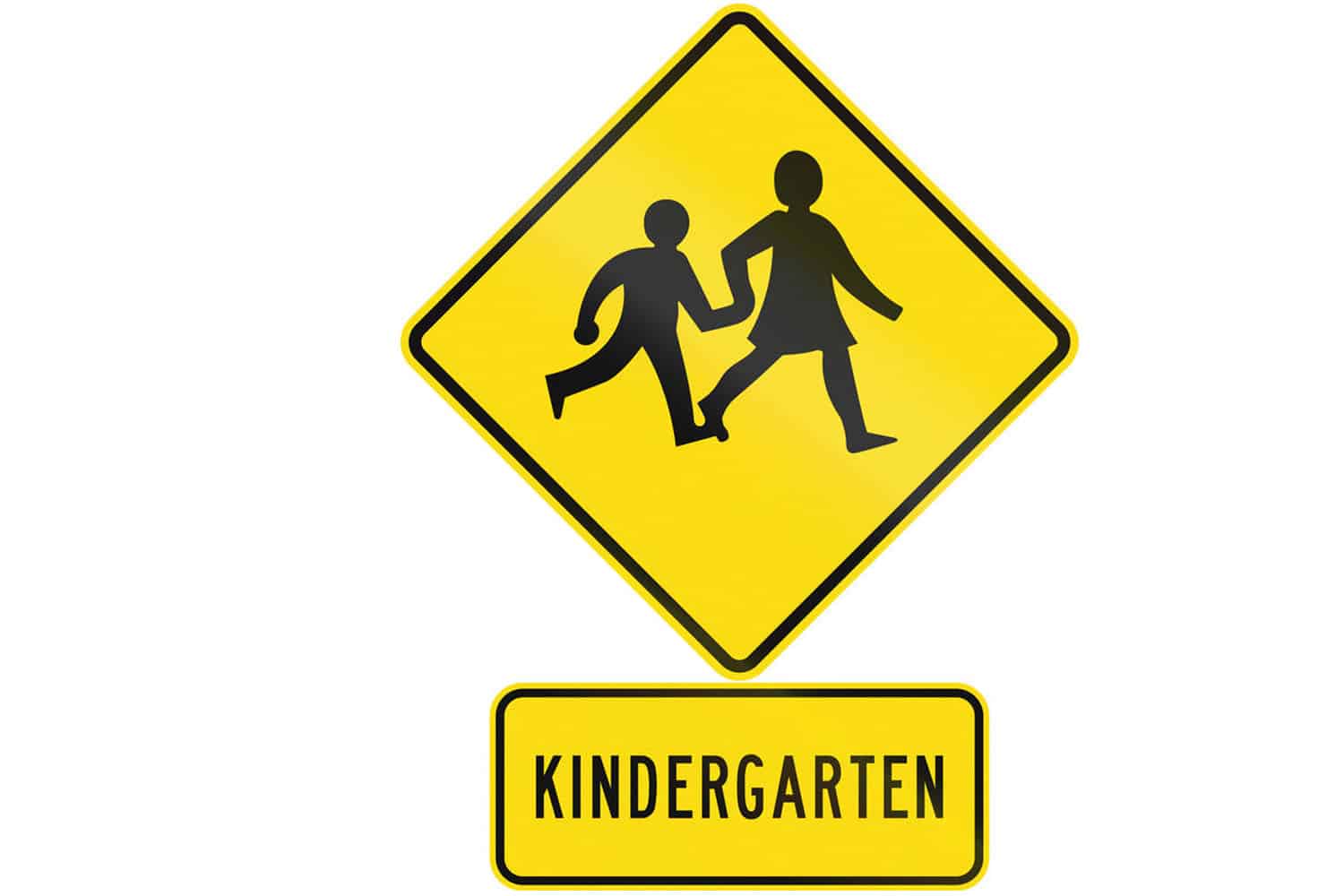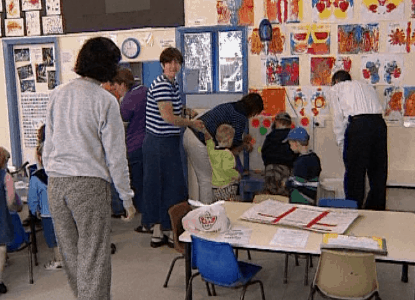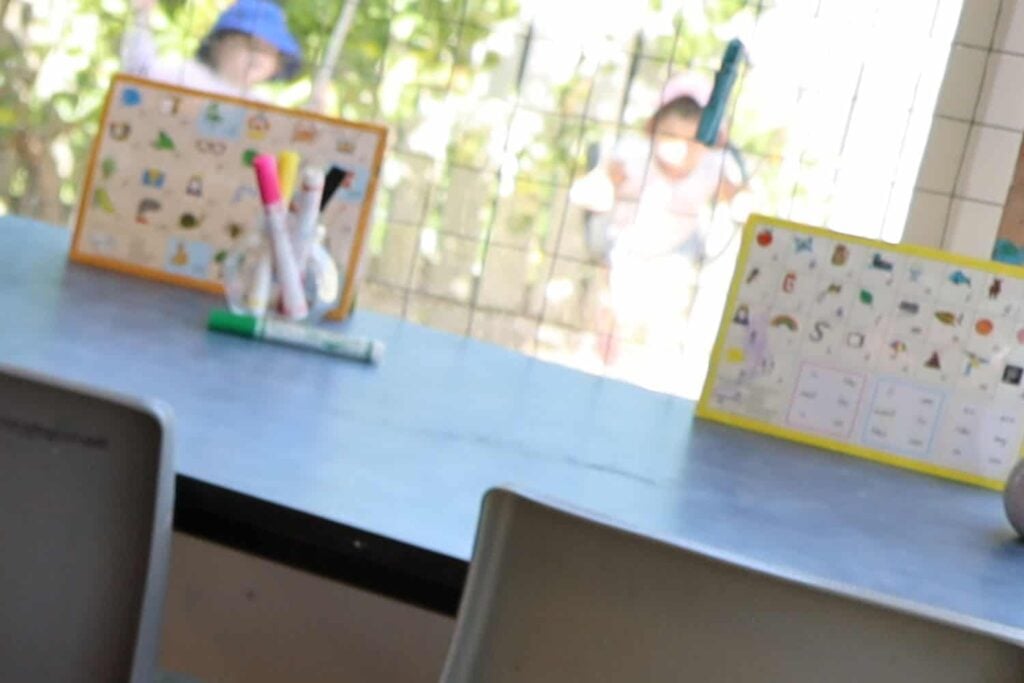If you are not happy about restructuring proposals for your kindergarten, then here’s a helpful article with background information and questions you could ask.
By Sarah Alexander.
July 20, 2022.
Kindergartens were established by community groups who formed “Associations” in partnership with the State.
Some kindergarten associations are incorporated societies with charitable status. They are ‘owned’ by their members. Some are charitable trusts and they are ‘owned’ by the trustees. The incorporated societies must have rules and the trusts must have a trust deed. It is these documents that really drive the community focus/’ownership’.
Kindergartens are a public good – the growth of Kindergarten Associations and kindergarten numbers was made possible because of government providing $2 for every $1 Associations raised (or NZ pounds), public donations, and bequests of properties and money from people in their Wills. Today, kindergartens rely on government, charitable, and/or community funds including fees from parents to meet their running costs.
Should your Kindergarten Association be planning to change kindergarten hours or other aspects of its operation, this article has been prepared to provide information and guidance that may be useful to you.
Questions to ask and some broad aspects to consider
How are you being represented and what are your rights?
- Some kindergarten associations are incorporated societies. These have members and membership is defined in their rules. Some associations are charitable trusts – try typing in the name of the kindergarten, if nothing comes up try typing in the name of the association or try typing in the old name if there has been a recent change in name. Then click on “charity documents” to find the constitution and other related documents). Their trust deeds define how their trustees must act, and for example, how many teacher reps can be on the Board, and if parent reps from each kindergarten having voting rights at the AGM
Has the proper process has been followed?
- Before proposing a change, consultation should first involve informing what the problem(s) is and asking for ideas or solutions to address this. If a proposed change, such as increasing the hours of kindergarten operation is simply put in front of people to agree to, then this suggests that an outcome has been predetermined and is not a proper process for consultation in a community-based organisation.
- Under the Ministry of Education’s Licensing Criteria for Governance, Management and Administration every parent should be given written information letting them know how they can be involved in the kindergarten and there must be evidence that parents contribute to the development and review of the service’s operational documents.
Why are the changes being proposed?
- A commonly-heard argument for increasing hours of kindergarten operation is that parents are working full-time and will enrol their child elsewhere if kindergartens do not provide the hours and days of care that childcare providers offer. But this is trying to match and become one with the competition. A better idea is to stand-apart from the competition and be focused on achieving the best outcomes for children.
- If you are told that other Associations are doing it then this is a clear sign that the Board of Management have not adequately considered what is in your kindergarten’s interests and the best interests of children in the community (in other words, would you jump off a cliff just because someone else did?).
- If the motivation for change is financial strife then you should be provided with sufficient detailed information on what has created the situation of financial strife. Has your kindergarten been a bit slow in seeking sponsorships and grants from local businesses and organising community fund-raising events? Is government funding for your kindergarten being used to subsidise other projects or other kindergartens? Is the kindergarten operating at less than 80% of the number of children it is licensed and staffed to have? If your kindergarten has vacancies for children that are not being filled then that implies a significant problem with the kindergarten’s management. Look at what has been done/ has not been done, to promote your kindergarten to families in your area.
- If the motivation for change is to increase revenue when the kindergarten is generating a surplus, check if your kindergarten and/or Association is a registered not-for-profit and therefore should not be about profit. Check if the increase in revenue will go directly into your kindergarten or will it be distributed elsewhere, to another kindergarten/s perhaps or used to boost the salaries of head office managers?
Are the proposed changes necessary?
- Check if research and analysis has been done. If there is no such research and analysis, or if it is poor quality, then question the Association’s governance body as to how they can be putting forward proposals for change without a strong base of information and analysis first.
- View the financial accounts for the Association for the last five years and ask to view the financial accounts for your kindergarten. Check if there are areas that money could be saved on. Also, has there been unusual expenditure or an unusual drop in revenue within the last few years compared with previous years?
Might there be different or better solutions?
- Most often a Chief Executive is appointed not because of their knowledge and qualifications in early childhood education or in running a community-based organisation – they are appointed because of their experience in business. It may be that someone else who is voted by those who will be affected most, needs to be at the helm to guide and support decision-making on changes concerning a kindergarten.
What might be the possible unintended consequences?
- Unintended consequences should have been identified and considered as part of formulating the proposal for change that is now being consulted on. You could ask what unintended consequences and negative consequences were identified and how the Board of Management intends to mitigate these. During consultation, people may identify additional negative effects and consequences that may result from the proposed change go ahead. These need to be carefully weighed up against the likely benefits of the change.
Will it be good for everyone in your kindergarten?
- For example, opening for longer hours and operating during school holidays, can lead to teachers who have school-aged children leaving (and for example taking up a primary-school teaching job instead). It should be considered how the change would affect the quality, experience-level, stress-levels, of the teaching workforce in the Association or kindergarten. If it will result in teachers being rostered to work on different days and at different times, then this will dilute or remove the ability of the teaching team to operate as a team for curriculum and kindergarten planning and evaluation – this will be less good for children and outcomes.
- Increasing hours to provide childcare for working parents can see an increase in sick children attending and parents trying to mask their child’s illness because they must be at work and don’t have other childcare support.
- Children may have more times during the day when they are not engaged in learning, are getting bored, and tired, or feeling emotional.
- You may think of any things to add here …
An example of activism at one Association
The Auckland Kindergarten Association
In 2017 parents of children attending kindergartens run by the Auckland Kindergarten Association (AKA) approached me with their concerns about the AKA’s plan to make children (and teachers) attend during school holiday term breaks and increase hours of child attendance from 6 to 7 hours or more a day, and charge fees.
One the one hand, I thought it was unlikely that the implementation of proposed changes in daily and weekly hours of operation could be halted for four reasons.
- All but one of the AKA’s kindergartens were already licenced all-day centres.
- Government policy and the Ministry of Education were supporting kindergarten associations to go down this track. A press release issued by the Ministry of Education in May 2017 singled out and praised the AKA as a finalist on the shortlist for a Prime Minister’s Education Award for Excellence in Governing.
- The union representing kindergarten (NZEI) teachers would only become actively involved, and for example call for strike action, if the changes would see a breach in the terms of the collective agreement. Providing the collective agreement is not breached, it seemed to be within the rights of the AKA to ask teachers to re-apply for their jobs or negotiate changed hours of work in employment contracts.
- Finally, I had seen from parents lobbying the Heretaunga Kindergarten Association against scrapping term breaks and extending 6-hour days for children to 7-hour days, that arguments about it not being good for children can fall on deaf ears.
But on the other hand, I saw this request for help by AKA parents as another chance to give kindergartens a fighting chance of surviving as free kindergartens. So, I put time into investigating what was happening at the AKA. I began by reviewing the AKA’s governance documents, consultation documents, interviewing parents and talking in confidence with teachers and even AKA life members.
I found that the AKA was not operating as one would expect a charitable, community-based organisations to operate It was an autocracy. Parents were largely excluded from decision-making about their kindergartens. A revolution was formed by bringing this out into the open first, allowing time for people to discuss this, and then adding to it with further information and showing the effects of the changes on children and teaching staff and a problem of skeletal staffing.
On the ground, a small parent action-group that kept in contact with me, was very effective in growing the campaign to stop the roll-out of changes to the AKA’s kindergartens. They talked with parents across different kindergartens so each kindergarten ensured their parents were informed about what was happening and had a parent representative. Parents developed an understanding of why their kindergarten’s teachers were not actively speaking out and often parents gave voice to teachers’ concerns and advocated for them. They approached board members and the chief executive with their concerns and questioned them on constitutional and other matters. They bravely gave media interviews (which wasn’t always a pleasant experience).
When it came time for the Annual General Meeting, parents were prepared to put their case and show their strength. Representatives from kindergartens attended. Other parents held a vigil outside. For the first time (on record) the Chairman acknowledged there were failings with governance and promised a change in the organisation’s culture. Three parent and community representatives were elected to the board. In the weeks and months that followed, significant changes in management were undertaken and a process (which takes time) of restoring the philosophy and values of kindergarten began.
Financial good news
From 1 January 2021 the 100% qualified ECE teacher funding rate was restored.
The Ministry of Education increases funding rates to kindergartens every time there is an increase in salaries as per the kindergarten collective agreement. So, rest assured kindergartens do not need to worry about wage pressures.









